I am in a tiny steel cage attached to a motorcycle, stuttering through
traffic
in Dhaka, Bangladesh. In the last ten minutes, we have moved forward
maybe three feet, inch by inch, the driver wrenching the wheel left and
right, wriggling deeper into the wedge between a delivery truck and a
rickshaw in front of us.
Up ahead,
the traffic is jammed so close together that pedestrians are climbing
over pickup trucks and through empty rickshaws to cross the street. Two
rows to my left is an ambulance, blue light spinning uselessly. The
driver is in the road, smoking a cigarette, standing on his tiptoes,
looking ahead for where the traffic clears. Every once in awhile he
reaches into the open door to honk his horn.
This
is what the streets here look like from seven o’clock in the morning
until ten o’clock at night. If you’re rich, you experience it from the
back seat of a car, the percussion muffled behind glass. If you’re poor,
you’re in a rickshaw, breathing in the exhaust.
Me, I’m sitting in the back of a
CNG,
a three-wheeled motorcycle shaped like a slice of pie and covered with
scrap metal. I’m here working on a human rights project related
(inevitably) to the garment factories, but whenever I ask people in
Dhaka what their main priority is, what they think international
organizations should really be working on, they tell me about the
traffic.
It might not be as sexy as
building schools or curing malaria, but alleviating traffic congestion
is one of the defining development challenges of our time. Half the
world’s population already lives in cities, and the United Nations
estimates that proportion will rise to nearly 70 percent by 2050.
Of the 23 “megacities”
identified
by the United Nations, only five are in high-income countries, places
with the infrastructure (physical, political, economic, you name it) to
deal with the increasing queues of cars snarling up the roads. Mexico
City
adds two cars to its roads for every person it adds to its population. In India, the ratio is three to one.
ADVERTISEMENT
Dhaka, the world’s
densest and
fastest-growing city by some measures, and its twentieth-largest by population, is a case study in how this problem got so bad
—and why it’s so difficult to solve.
Like many developing-country capitals, Dhaka’s infrastructure doesn’t match the scale of its population. Just 7 percent of the city is covered by roads, compared with around 25 percent of Paris and Vienna and 40 percent
of Washington and Chicago, according to one analysis. Dhaka also
suffers from the absence of a deliberate road network, feeder streets
leading to arterials leading to highways.
There are 650 major
intersections, but only 60
traffic lights, many of which don’t work. That means the already
stretched-thin police force isn’t enforcing driving or parking rules—they’re in the intersections, directing traffic.
Illustration by Sophia Foster-Dimino
The cost of Dhaka’s traffic congestion is estimated at $
3.8 billion a year, and that’s just the delays and air pollution, not the less-tangible losses in quality of life and
social capital.
Paradoxically, the poor infrastructure is one of the reasons why the
city is growing so fast. Without roads or trains to whisk them to the
suburbs, Dhaka residents have no choice but to crowd into the middle,
set up slums between high-rises, and
walk to work.
“See
that?” asked one of my Bangladeshi colleagues, pointing to a quilt of
corrugated roofs. “That’s where all of our domestic workers live.”
Then
there are the users of the roads. Besides pedestrians, the narrow lanes
are shared by bicycles, rickshaws, scooters, motorcycles, CNGs, buses,
and cars. All these modes take up a different amount of space and have
different top speeds. It’s like a version of Tetris where none of the shapes fit.
Most
people you talk to in Bangladesh blame the traffic jams on the
rickshaws. There are too many of them, they say, and they drive so
slowly, slaloming around the potholes, that they trap the cars, buses,
and CNGs behind them. The government is under pressure to designate some
lanes as car-only, to build wider roads and overpasses, to take the
slow traffic out from in front of the fast.
And
this brings us to the third reason why the traffic problem is so
difficult to solve: politics. All of these fixes sound easy and obvious,
but they come at a cost.
One and a half million people
drive rickshaws for a living, plus another few hundred thousand own and
repair them. Government efforts to get people out of rickshaws and into
buses and trains are going to attract huge opposition.
Even increasing bus capacity is more complicated than it sounds. A 2009 World Bank
analysis
found 60 separate bus companies in Dhaka, each with their own
ever-changing routes and schedules. Passengers are charged according to
how far they’re traveling, and have to haggle with the driver over the
fare. Since the bus companies compete with each other, the drivers have
every incentive to drive aggressively and take more passengers than the
buses can hold.
What’s more, the
public transport isn’t, technically, all that public. Many of the bus
companies are owned or linked to political parties or powerful trade
unions. Government efforts to unify or regularize the system would
amount to a hostile takeover of all of these small companies.
The obvious solution, or the one proposed by international
experts
anyway, is to separate the rickshaws from the cars from the CNGs, give
each of them lanes and lights according to their top speed, and,
crucially, make car drivers pay the cost of taking up more space on the
roads.
But that, politically
speaking, is about as plausible as suggesting that everyone fly to work
on the back of a giant eagle. Car owners are a small part of the
population, but a highly influential and politically necessary one.
Having a car—and a driver, of course—is a major perk of being a government official or business executive.
What
is development for, after all, if you still have to ride to work in a
swaying, shuddering rickshaw, amid the fumes and the horns and the heat?
Every year, Dhaka
adds
an extra 37,000 cars to its already beleaguered roads. Many Dhaka
residents would, understandably, see this as a success, a sign of
Bangladesh’s brighter, middle-income future.
Even the cops make it harder to fix the problem.
That World Bank analysis
reported that only 50 percent of bus drivers and less than half of CNG
drivers had proper licenses. Cops take bribes to overlook fake, expired,
or nonexistent paperwork. Updating and regularizing the licensing
system and enforcing traffic laws, in practice, means cutting off an
income stream for an underpaid, important constituency.
Take
a second to think about all this from a Bangladeshi politician’s point
of view. Any attempt to solve the traffic mess means pissing off the
poor, the middle class, and the rich all at once. It’s basically
President Obama versus the health care system, only instead of patients,
doctors, and insurance companies, it’s rickshaw drivers, cops, and bus
companies. As Americans know well by now, entrenched institutions don’t
just dissolve when you point out how inefficient they are.
But
here’s where the metaphor breaks down. The government of Bangladesh has
an option that Obama never did, one last way to have their roads and
drive on them, too: international donors. In 2012, the government
announced a $2.75 billion plan to build a metro rail system. Eighty-five
percent of the project is being financed as a loan—at 0.01 percent interest—by the Japan International Cooperation Agency.
If
you’re a Bangladeshi politician, this is a great deal. Not only do you
avoid taking on these inconveniently entrenched interest groups, but you
also get a transportation system for poisha on the taka.
A $255 million bus rapid-transit line from the airport, thanks to loans
from the French government and the Asian Development Bank, will cost
Bangladesh just $45 million to build.
For
residents of Dhaka, however, it’s less of a bargain. These projects
will take years, maybe decades, to come to fruition (there’s
already infighting
about how the bus lines should be built) and the construction will only
make Dhaka’s traffic worse until they do. In the meantime, cheaper
solutions to Dhaka’s traffic jams
—enforce the law, reduce cars, improve bus service
—cost too much, in political terms, to consider.
Whenever
I asked my Bangladeshi colleagues how long it would take to get
somewhere, they always gave two answers: “Without traffic, maybe fifteen
minutes. But with traffic? Who knows?”
Maybe
that’s the way to think about how the world’s megacities will solve the
problem of traffic congestion. Without hard political choices to make?
Maybe a few years. But with them? Who knows?
Michael Hobbes is a human rights consultant in Berlin. He has written for Slate
, Pacific Standard, and The Billfold
. Read more of his work here.




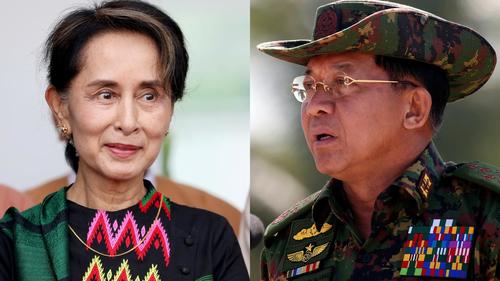
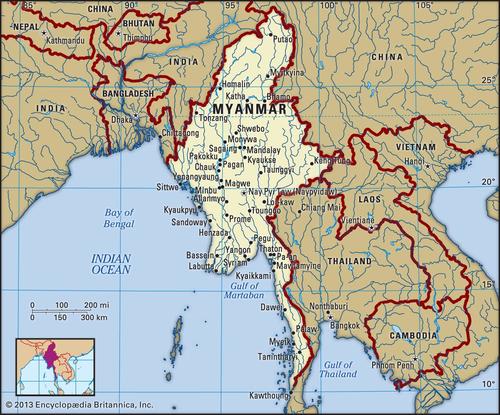
 Italy's data protection watchdog has ordered TikTok to block access to users whose age cannot be confirmed.
Italy's data protection watchdog has ordered TikTok to block access to users whose age cannot be confirmed. 




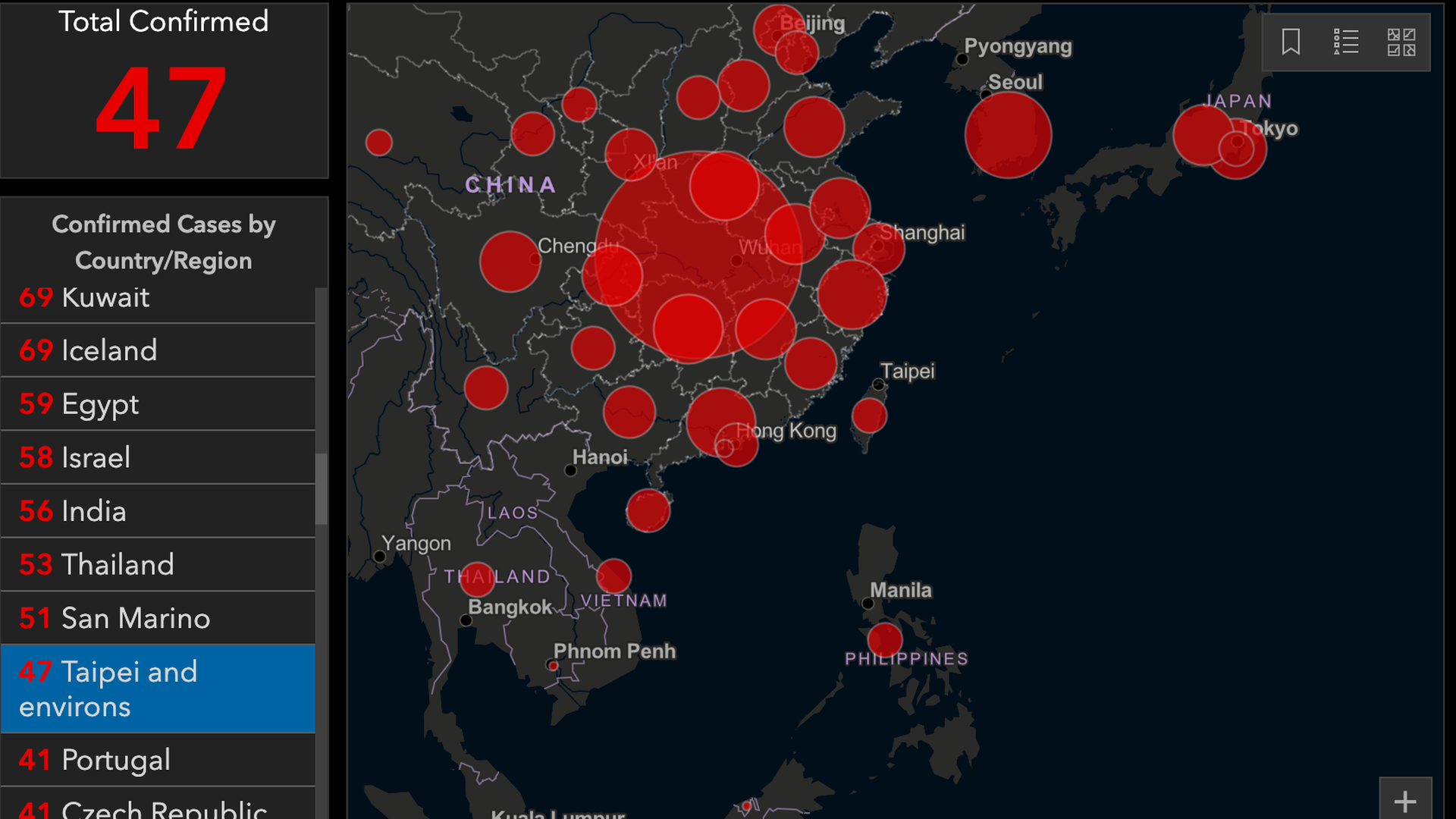
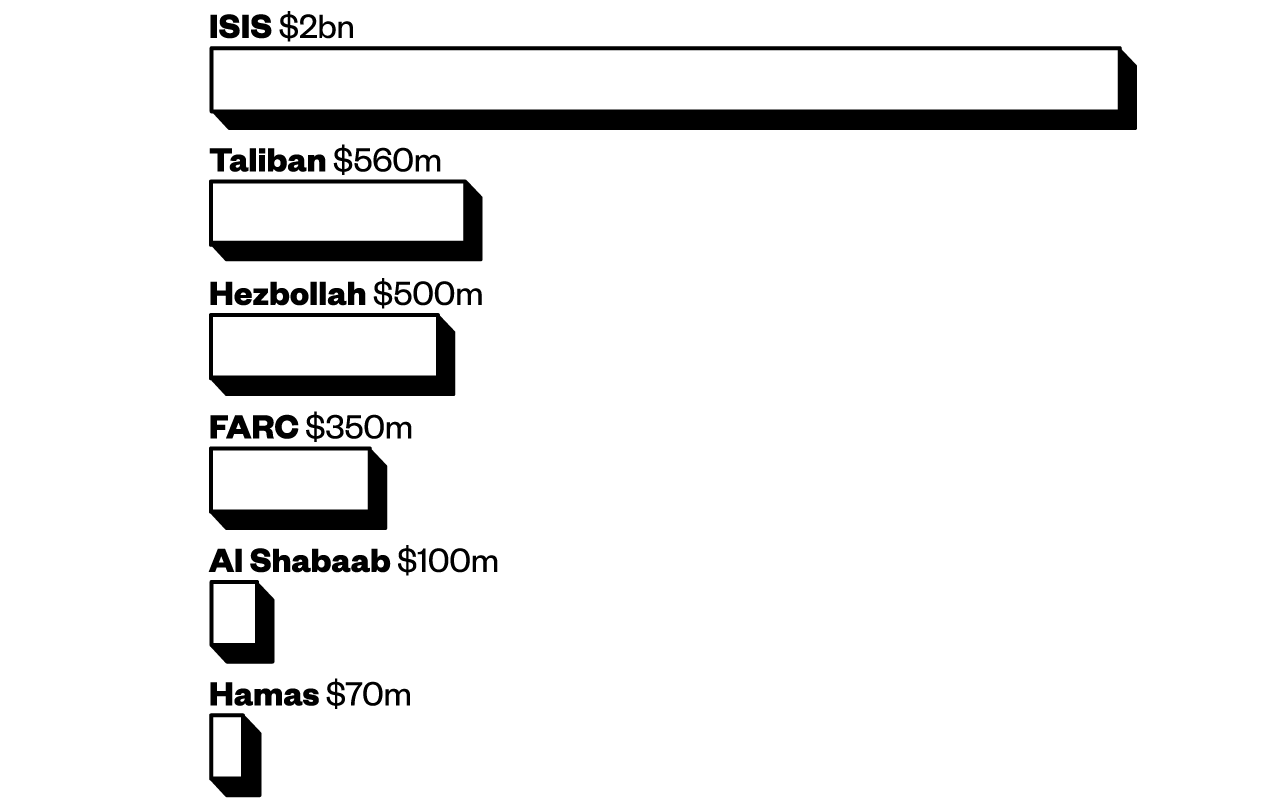
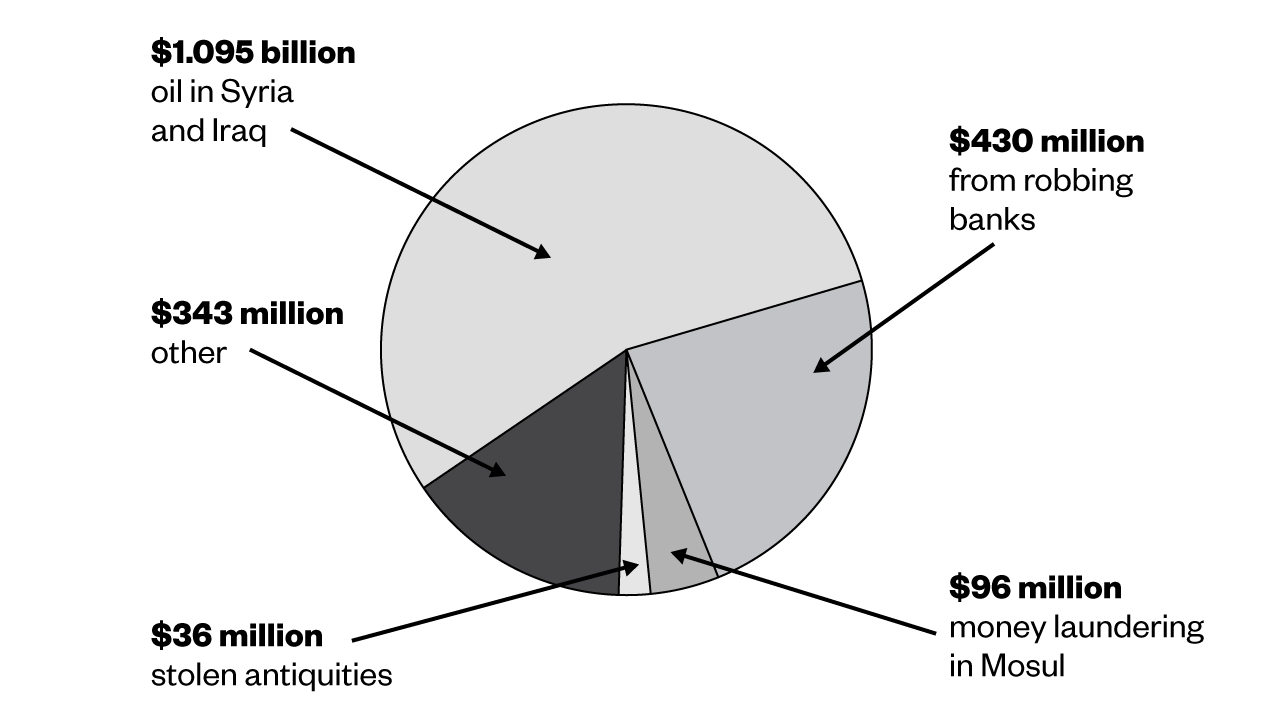

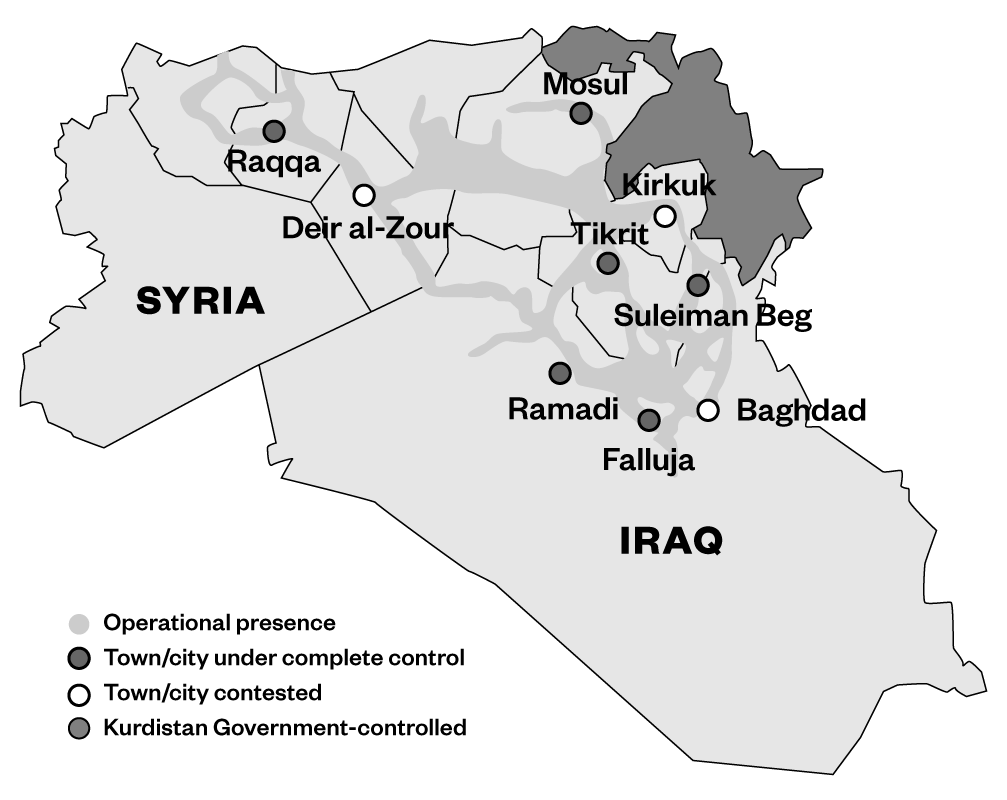
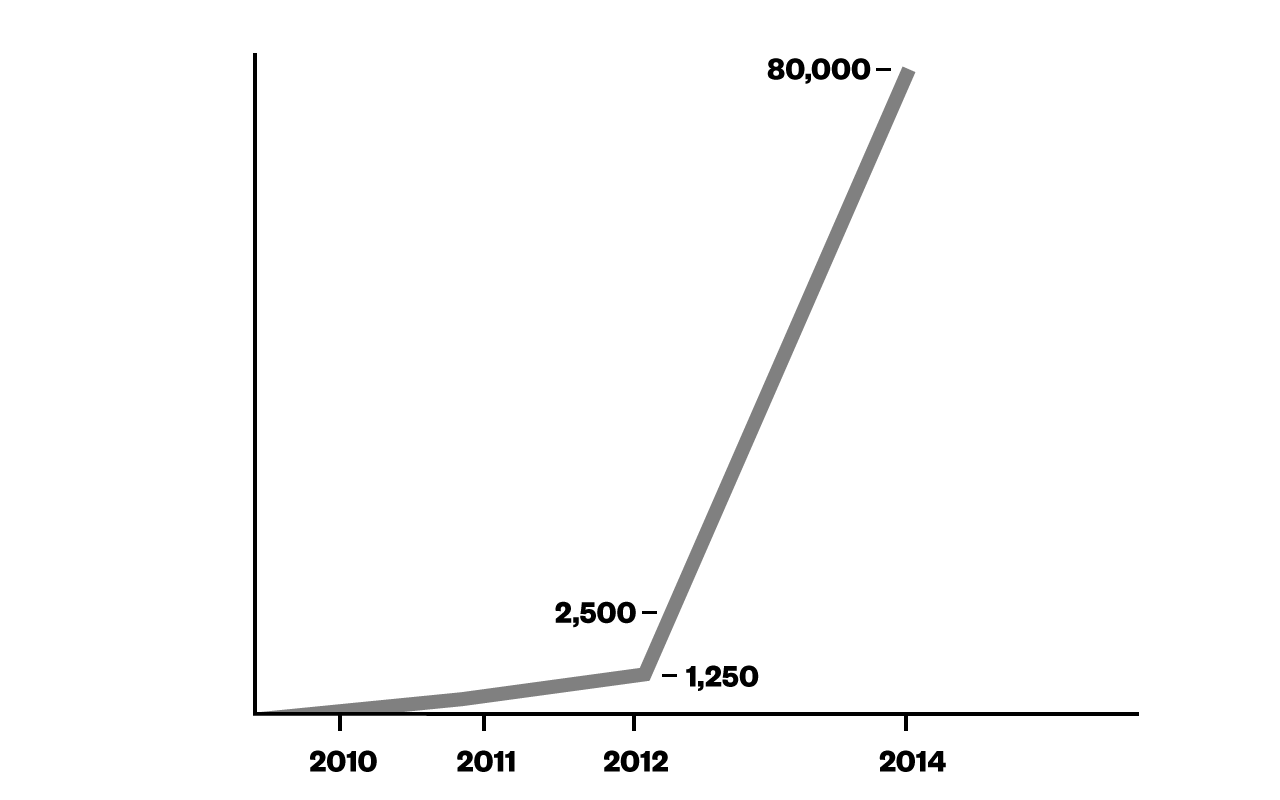


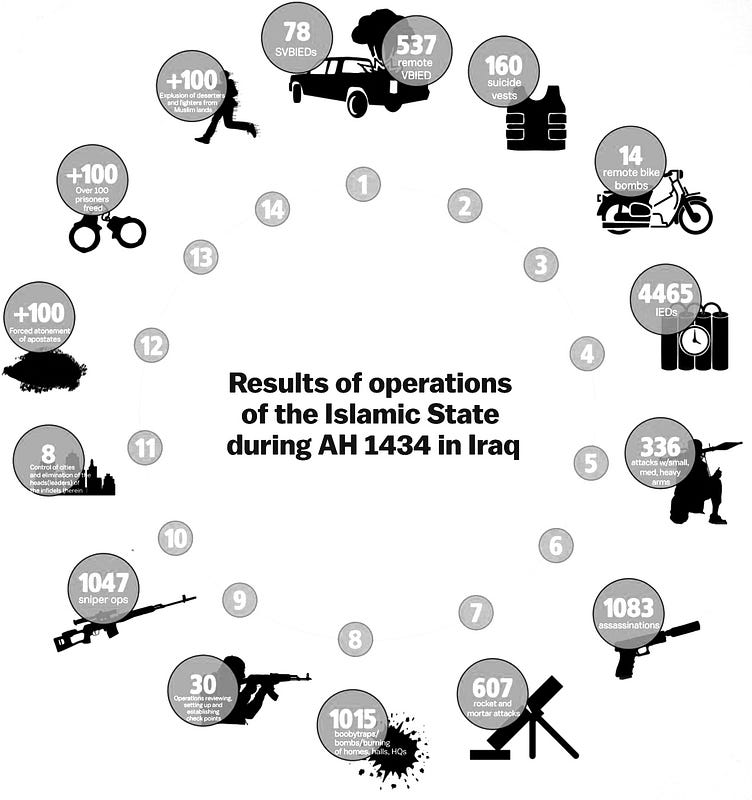
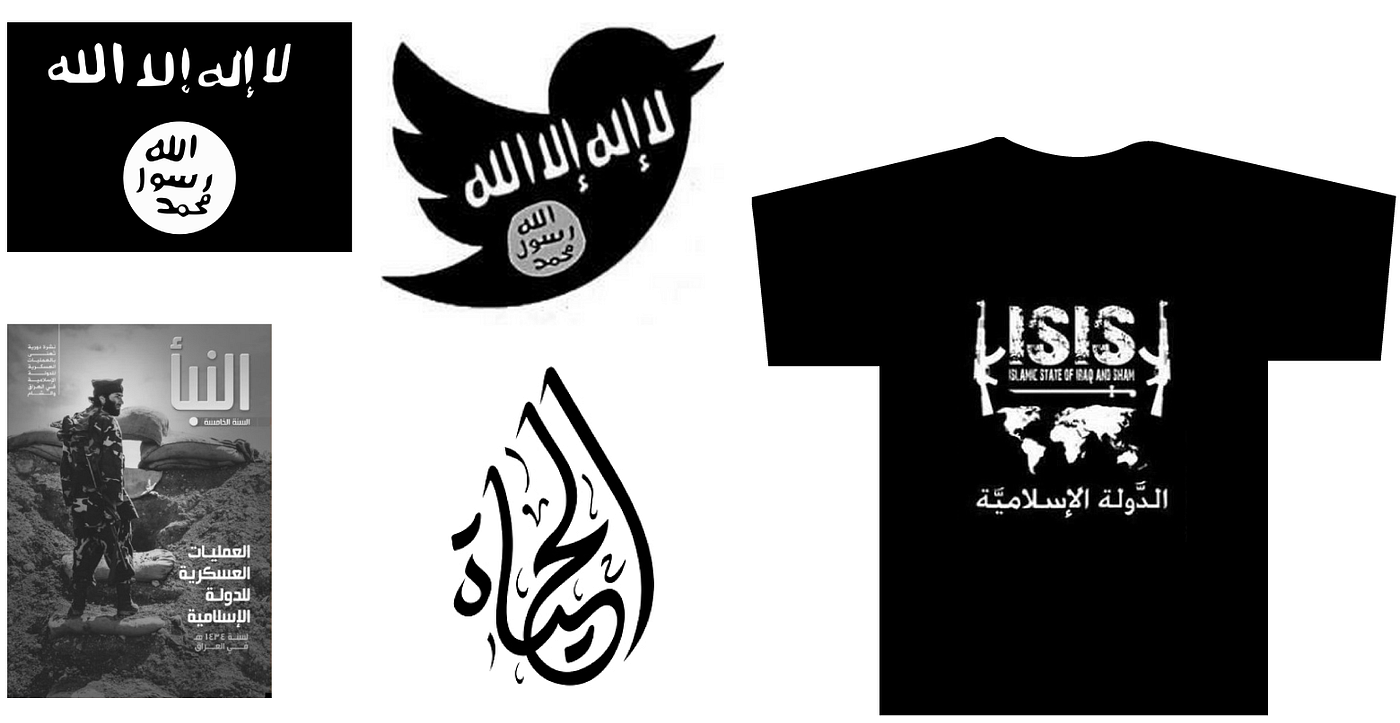
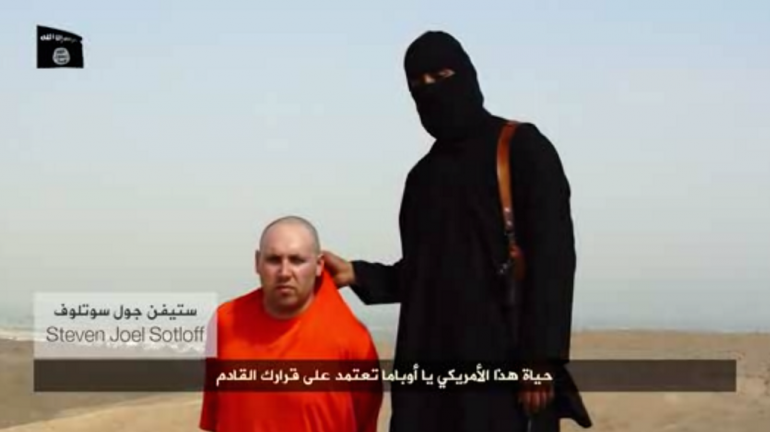








 Yahoo News - Three of Steven's children and a friend pose for a picture in their home in Indiana.
Yahoo News - Three of Steven's children and a friend pose for a picture in their home in Indiana. 



